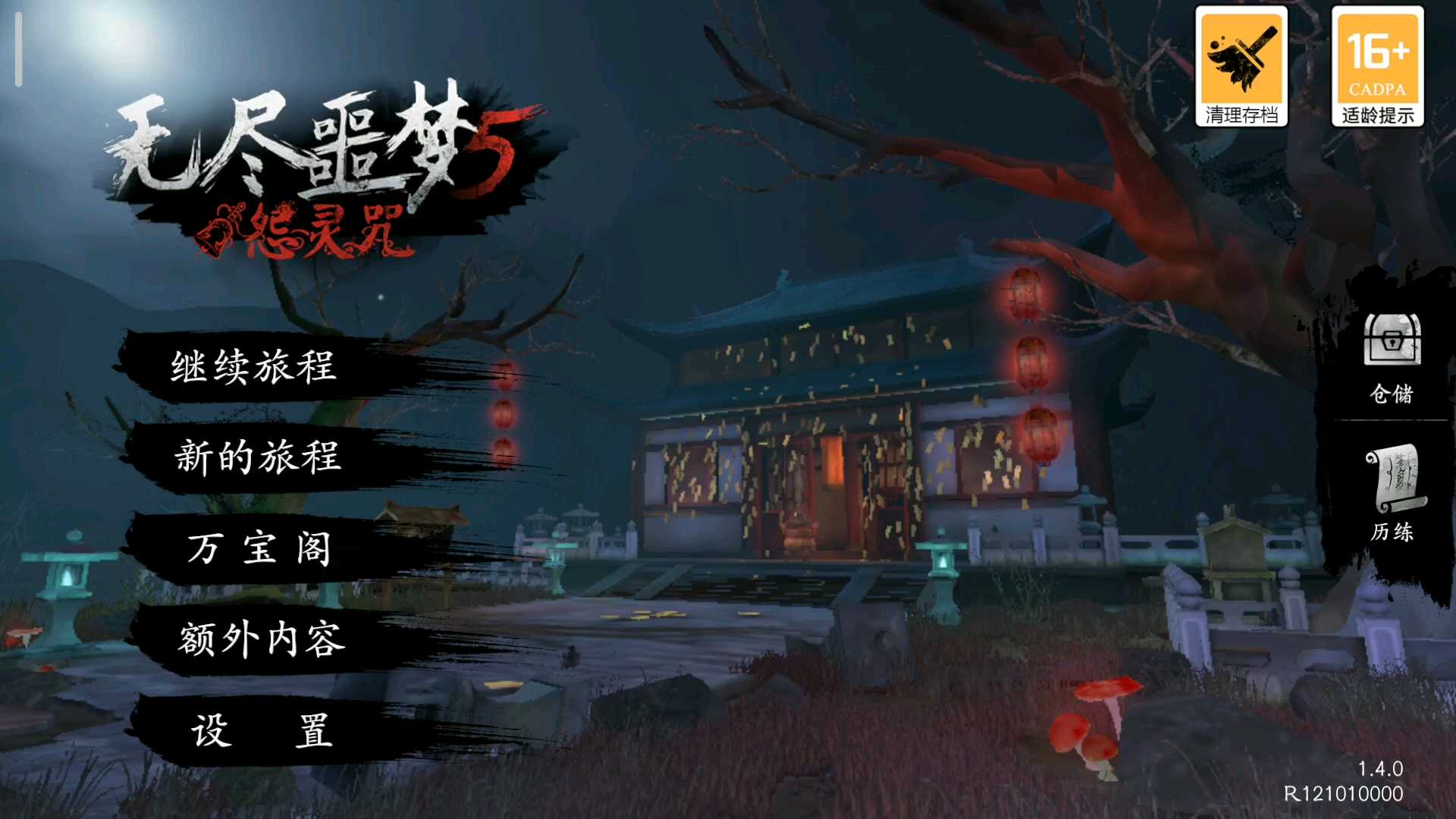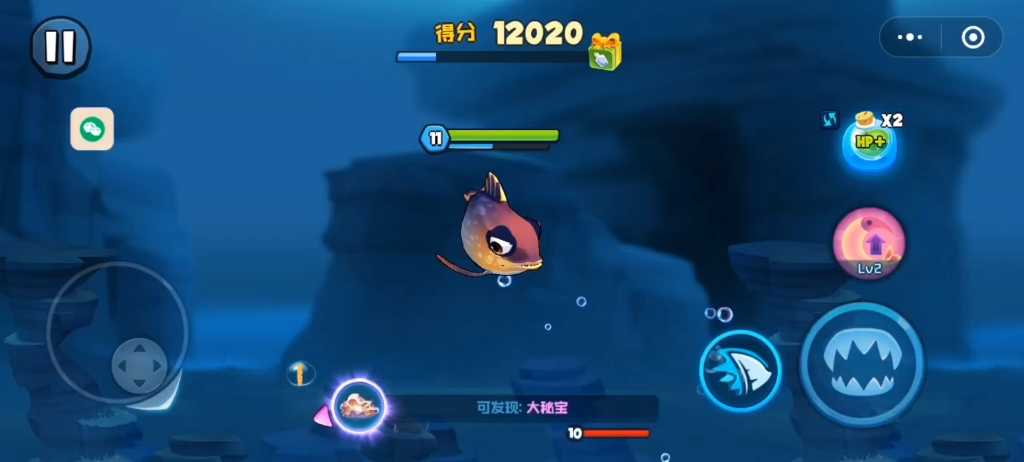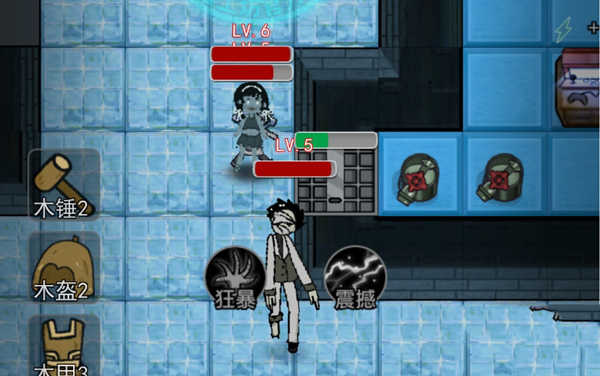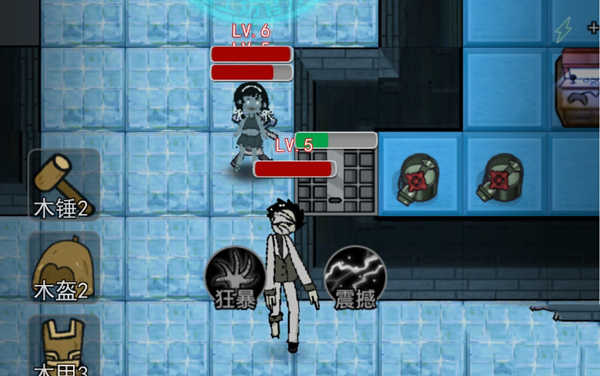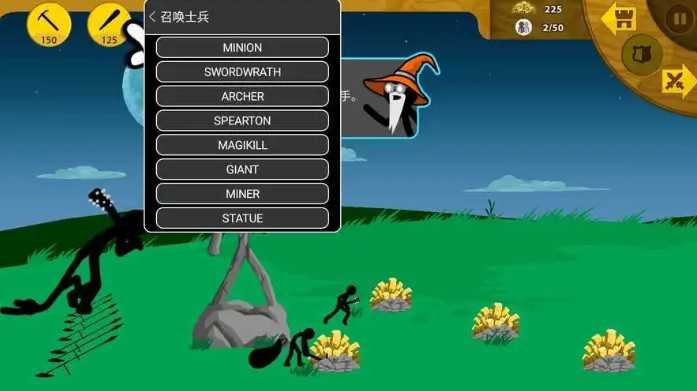当前位置:电玩网 > 街机游戏 > 蜘蛛划线
蜘蛛划线 本地下载是一款好玩的游戏核心放置战斗软件
相关推荐
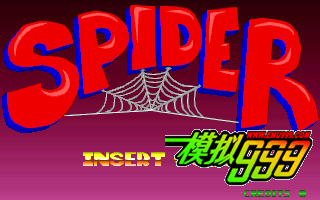
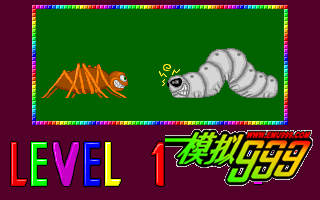
蜘蛛划线[spider]mameplus0.160新模拟街机游戏ROM,一款类似天蚕变的益智类街机游戏

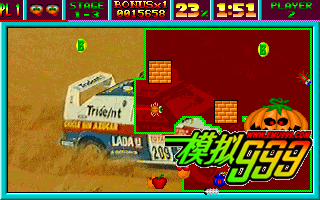
System 11 recently acquired the PCB for a game called ‘Spider’ (it was actually dumped last month by another dev before being sent off to him)
On the surface the PCB looked practically identical to ‘Twins’ and ‘Hot Block’ which, interestingly enough both live in different drivers in MAME and have things hooked up in rather different ways.
Expecting an easy hook-up I was surprised to find that Spider did not simply drop into the existing driver, or more to the point, it did, but there were issues, mainly a complete lack of ingame sprites and title screen; considering how simple the hardware looked this threw me back a little.
Upon closer inspection I noticed that the game was behaving in a very similar way to another game I’d encountered in the past, Table Tennis Champions. Unfortunately Table Tennis Champions was one of those drivers where things never quite made sense, and I was starting to think the protection chip on that board was involved somehow. The Spider PCB however had no protection chip, blowing a hole in that theory.
What was actually going on took a while to figure out, and ultimately ended up being one of the strangest implementations of a ‘blitter’ I’ve ever come across. The game code writes to an i/o port, after which the next 2 writes to anywhere on the system bus are used as blitter parameters rather than actually falling through to RAM (the write offset is used to set a read offset) and writes to another region after that use those parameters to draw sprite data.
Whether the Twins PCB has this functionality and simply doesn’t use it, or if the FPGA is programmed differently on Spider to add support for the feature I don’t know, but with it hooked up the game became playable.
Things aren’t perfect yet, sometimes sprites remain on the screen when maybe they should be cleared (I need to check my framebuffer clear logic) and the EEPROM isn’t hooked up in the driver (it’s never been hooked up for Twins or Hot Blocks either) so you can’t change the game settings.
The game, as you can see, is a Qix clone, although it has enough unique features to make it interesting – the most significant being that the size of your line is limited by the web power you have available. There are also bonus rounds where you must circle numbers as quickly as possible.
I’ve also poked around a bit with Table Tennis Champions and it’s definitely the same blitter system as this, although there is extra banking I need to take care of with that one, and of course there’s also the protection PIC, although I have a feeling now that it’s simply used to drive the sound.
The PCB was found in Spain, and appears to be yet another original Spanish game.
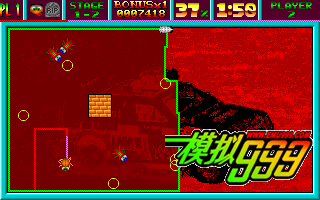
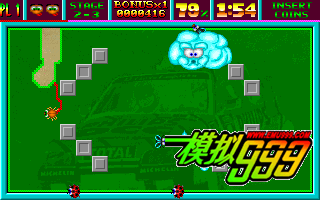
展开全部











